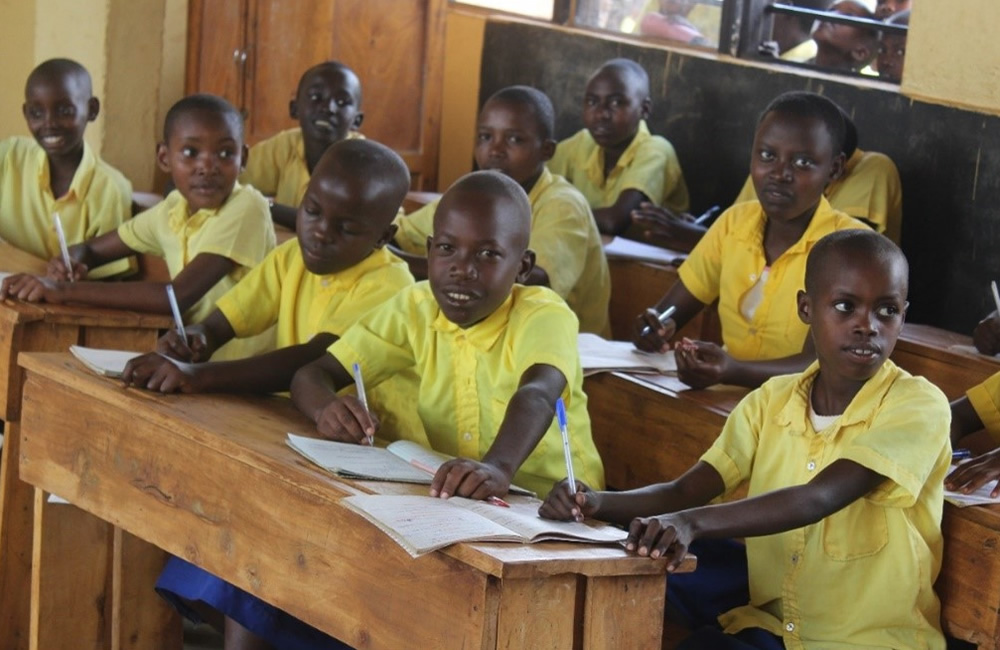While the education program of the Genocide Survivors’ Assistance Fund (FARG) is supposed to come to a close in 2019, the association of university-graduate survivors (GARG) is appealing to the government to help them access master’s degrees. The students argue that the increasingly competitive work environment is not conducive to those with only a bachelor’s degree. Charles Habonimana, the president of GARG,is quick to stress that they highly appreciate the support they were given, as9,931 genocide survivors have completed their bachelors, but adds that joining master’s programs would make them more competitive at the labor market.
“I think that today the burden of supporting secondary school education is decreasing,so FARG could look into ways to support those who graduated in a bachelor’s program to continue with post graduate studies. Many of us are unemployed for a long time since a bachelor’s degree is insufficient, especially for those in law and medical studies,”Habonimana says. Jean de DieuMilindi, the president of the association of student-survivors(AERG),shares that view, and adds that those who complete technical and vocational education should also be supported to create their own jobs once they graduate.
Dr. Jean Pierre Dusingizemungu, the president of Ibuka,the umbrella organization for genocide survivors, for his part observes that if student-survivors can be helped to continue their studies up to postgraduate level, it will make it easier for them to become self-reliant and create an independent livelihood. Dusingizemungu further points out that there are also over 12,000 students who never got to university. Theophile Ruberangeyo, executive secretary of FARG, however argues that the Fund has still too many responsibilities with regards to secondary and university education which prevents it from taking charge of master’s degrees. “We still have around 6,000 students in secondary school, more than 8,000 waiting to join university and 18,539 at the university;this requires an enormous budget. So we can’t add post-graduate studies with our limited funding,” he remarks. Out of FARG’s budget, 70% goes to education support. It has so far spent Rwf 78.9 billion for secondary and Rwf 51.5 billion for university education.

Leave a Reply